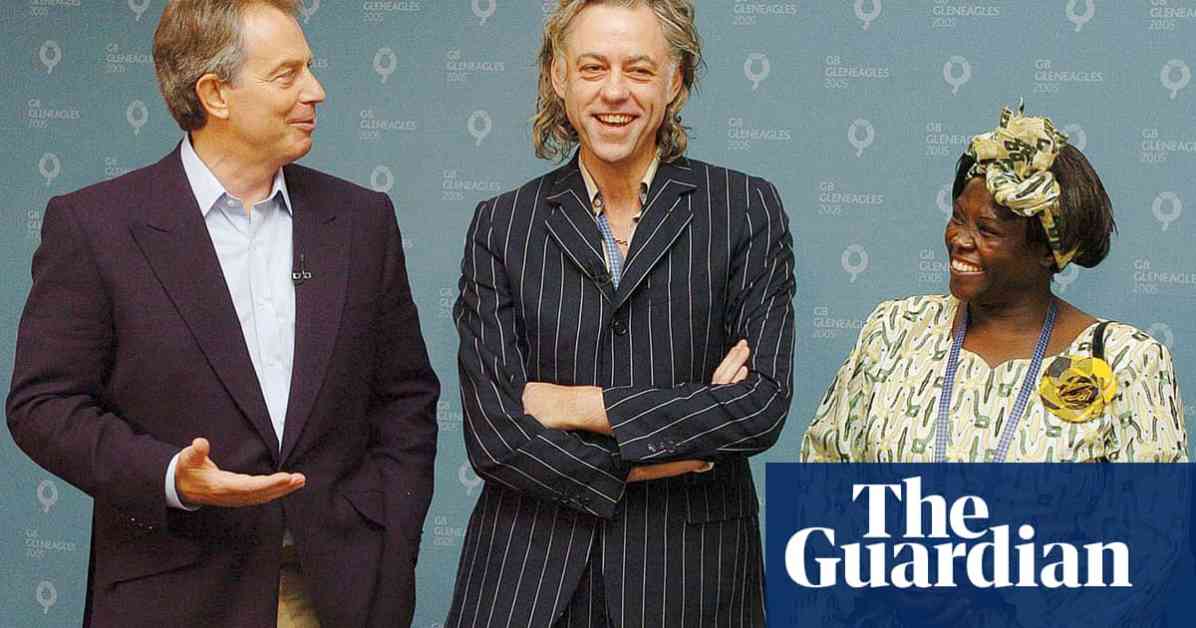Bob Geldof’s Controversial Critique of African Leaders in Live Aid Campaign
In a shocking revelation, newly released government documents have shed light on Live Aid campaigner Bob Geldof’s scathing criticism of African leaders during the planning stages of the UK-led organization aimed at reforming international aid to the continent. Geldof’s strong opinions on African leadership have sparked controversy and raised questions about his approach to addressing the pressing issues facing the region.
Geldof’s Harsh Words
According to the documents, Geldof advised then-Prime Minister Tony Blair against appointing an African co-chair to the commission, citing his belief that African leadership was “very weak” on the aid issue. His lack of faith in African leaders’ abilities and worthiness to tackle the challenges facing the continent has raised eyebrows and led to concerns about the direction of the initiative.
Behind-the-Scenes Disagreements
While Geldof played a pivotal role in convincing Blair to establish a commission akin to the Brandt II report, there were disagreements between him and the government on key aspects of the setup. Official papers reveal Geldof’s emphasis on Blair’s personal leadership and the need for swift action to ensure the success of the initiative. However, Downing Street officials expressed reservations about Geldof’s demands and warned of potential backlash from him and fellow campaigner Bono if expectations were not met.
Challenges Ahead
Liz Lloyd, a senior adviser on international development, highlighted the complexities of Geldof’s stance on African leadership and the delicate balance required to ensure credibility and effectiveness. The need for prominent African involvement in the initiative was stressed, with suggestions to engage with key African leaders to garner support and input. Despite the eventual success of the Gleneagles summit in securing increased aid and debt relief pledges, criticisms emerged about Geldof’s close ties to the government and the perceived limitations of the outcomes.
In a world where collaboration and inclusivity are essential for driving meaningful change, Geldof’s controversial views on African leadership serve as a stark reminder of the complexities and challenges inherent in international aid efforts. As we reflect on this revelation, it prompts us to question the role of individual perspectives in shaping global initiatives and the importance of diverse voices in addressing complex issues.

